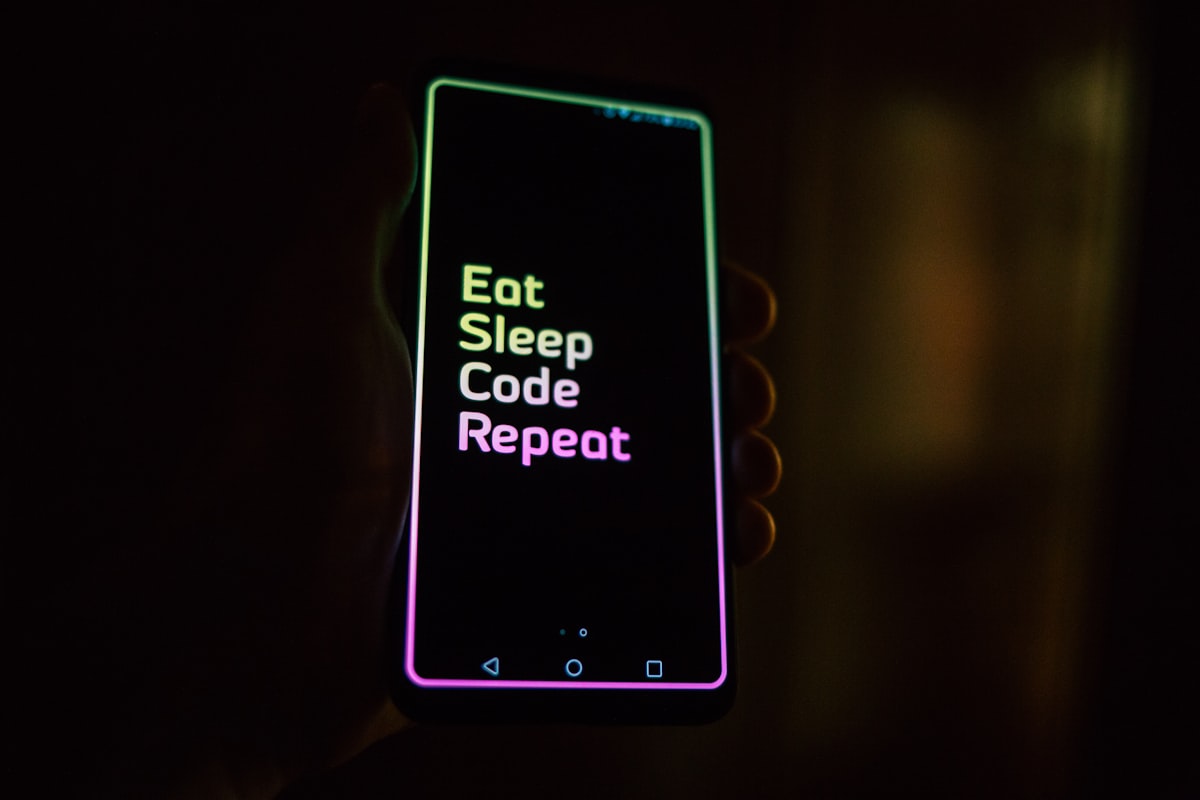Most common mistake beginners make in Python programming

Python is a powerful and versatile programming language. It’s also one of the most popular languages in the world and is used in a wide variety of applications. As a result, many people find it attractive and are eager to get started with their first programming project. Unfortunately, starting something new can be a bit daunting and some beginners may be prone to making mistakes. In this guide, we’ll take a look at some of the most common mistakes beginners make in Python programming and offer tips on how to avoid them.
1. Not,indenting Properly
One of the most important aspects of programming in Python is understanding the use of indentation. Indenting helps organize code, making it easier to read and follow. It adds structure to your program and can also help you find errors more easily. However, many beginners seem to overlook the importance of indentation and often don’t follow proper indentation rules. This can lead to errors, as the Python interpreter understands indentation to be a part of the syntax.
#Example of incorrect indentation
def myfunction():
x = 5
return x
In the example above, the line return x is not indented correctly and will cause an error. To fix this, you need to properly indent the line:
#Correct indentation
def myfunction():
x = 5
return x
2. Incorrect Syntax
Another common mistake beginners make is incorrect syntax. Syntax is the set of rules that govern how to properly write code in Python. For example, the name of a variable should be written in snake_case, while classes are written in PascalCase. Trying to use the wrong syntax can lead to errors and make it difficult to understand what the code is supposed to do.
#Incorrect syntax
def myFunction():
x = 5
Return x
The code above is incorrect as the keyword “return” should be written with a lowercase letter “r”. To fix this, you need to properly adhere to the Python syntax rules:
#Correct syntax
def myFunction():
x = 5
return x
3. Forgetting Closing Brackets
Another common mistake is forgetting to close brackets. In Python, brackets are used to denote blocks of code and must be closed for the code to be valid. For example, a for loop or a while loop must be closed with a }. If you forget to close the loop, you can get an error.
#Incorrect code
for i in range(10):
print(i)
The code above will cause an error because the for loop is not closed. To fix this, you need to close the loop with a bracket:
#Correct code
for i in range(10):
print(i)
}
4. Misunderstanding Variables
Another common mistake made by beginners is misunderstanding variables. Variables are an important part of programming and are used to store data. However, many beginners often make mistakes when assigning and referring to variables. For example, a variable must be declared before it can be used, and should always be used in a consistent way throughout your code.
#Incorrect code
x = 5
print(X)
The code above will cause an error as the variable x is declared with a lowercase letter, but is referred to with an uppercase letter. To fix this, you need to ensure the variable is used in a consistent way:
#Correct code
x = 5
print(x)
Conclusion
Learning a new programming language can be challenging, especially if you’re new to coding. However, understanding and avoiding the common mistakes beginners make in Python programming can make it much easier. By paying attention to the details of your code, such as indentation and syntax, and understanding how to properly use variables, you can avoid most of these mistakes and start writing clean and efficient code.
